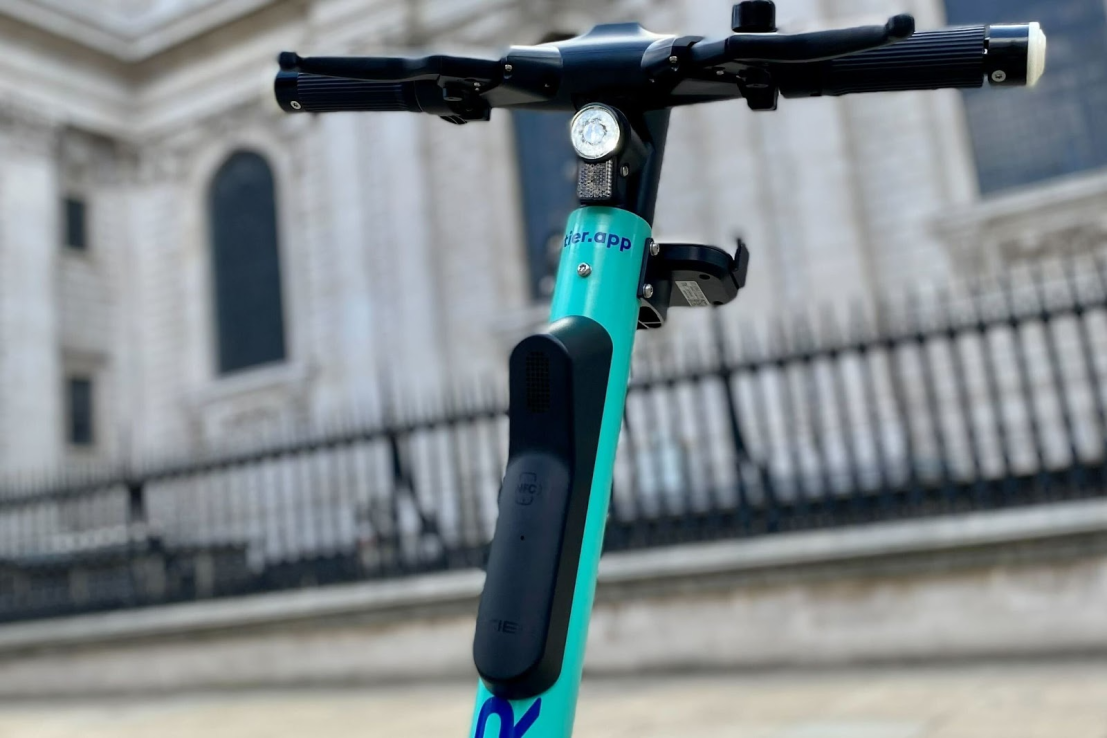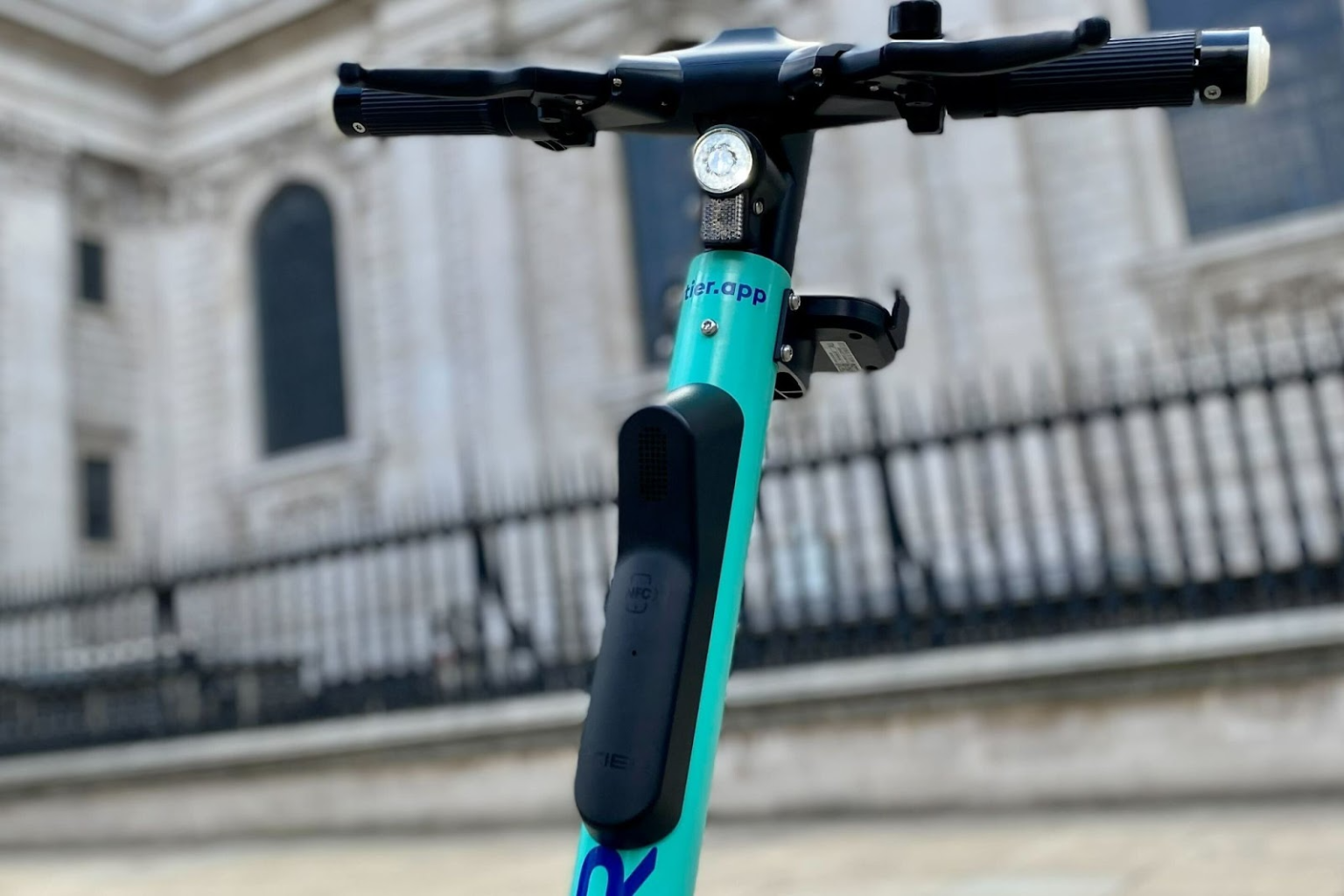
Escooter firm Tier will lay 140 workers just before Christmas, as the firm struggles to make profitability.
Tier chief executive Lawrence Leuschner made the announcement this morning, saying it had been an “incredibly hard year” for start-ups like his, and that the layoffs were “nothing to do with their performance”.
In a heartfelt statement posted on LinkedIn, Leuschner blamed inflation and the cost of living crisis for putting pressure on “reduced consumer demand” which made doing business harder, and how many firms had made a “sharp pivot” from growth to profitability.
Despite making “insane progress”, cutting down its losses and having achieved profitability in the last five months, he said “we haven’t made it to profitability (overall) yet.”
“With not enough visibility on how and if markets will recover, we have to presume demand in ’24 will look like demand in ’23. This means that to get to profitability, we need to bring our cost base down.”
Tier said it would be cutting around 22 per cent of its workforce, in a “number of countries”, making it a “difficult day at the end of a difficult year.
Another top Tier worker posted on LinkedIn saying “the path to profitability is paved with difficult decisions”.
Earlier in the year, Tier has announced it will launch a first of its kind AI technology in the UK, which aims to improve the safety and sustainability of its e-scooters and reduce costs, clamping down on anti-social behaviour.
This comes as e-scooter firms like Dott and Lime have been battling for market share and profit, as the government looks to encourage more Brits to use hire bikes, and avoid using cars.
In October, TfL extended its e-scooter trial until the end of May 2024 following updated guidance from the Department for Transport. As of today, it has almost 4,500 e-scooter available for hire.
However, claims of complicated or excessive regulation have forced firms like Dott to quit London’s e-scooter scheme, saying rules changed from one authority to another.
In June, tech leaders even warned e-scooters could vanish from the UK market without more clarity and support from the government.




